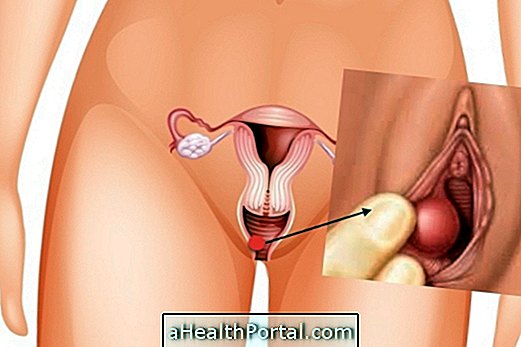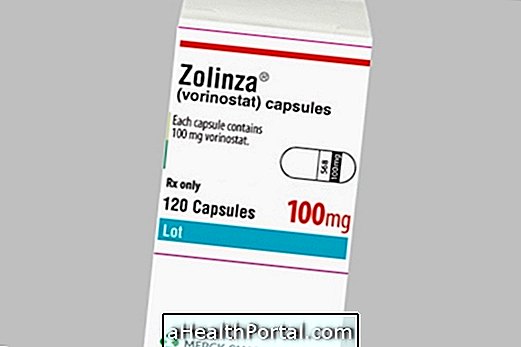The treatment for Beckwith-Wiedemann syndrome, which is a rare congenital disease that causes the overgrowth of some parts of the body or organs, varies according to the changes caused by the disease and therefore treatment is usually staff-led of various health professionals that may include the pediatrician, the cardiologist, the dentist and several surgeons, for example.
Thus, depending on the symptoms and malformations caused by Beckwith-Wiedemann syndrome, the main types of treatments are:
- Decrease in blood sugar levels: Serum injections with glucose are directly injected into the vein and to prevent a lack of sugar from causing serious neurological changes;
- Umbilical or inguinal hernias: Treatment is usually not necessary since most hernias disappear by the 1st year of life, however, if the hernia continues to increase in size or if it does not go away until age 3, surgery may be necessary ;
- Very large tongue: surgery may be used to correct tongue size, however, it should only be done after 2 years of age. Up to this age, you can use some silicone nipples to help your baby eat more easily;
- Heart or gastrointestinal problems: Medications are used to treat each type of problem and must be taken throughout life. In more severe cases, the doctor may recommend doing surgeries to repair serious changes in the heart, for example.
In addition, babies born with Beckwith-Wiedemann syndrome are more likely to have cancer, so if the growth of a tumor is identified it may also be necessary to have surgery to remove the tumor cells or other treatments such as chemotherapy or radiation therapy .
However, after treatment, most babies with Beckwith-Wiedemann syndrome develop completely completely, presenting no problems in adulthood.
Diagnosis of Beckwith-Wiedemann syndrome
The diagnosis of Beckwith-Wiedemann syndrome can be made only with the observation of the malformations after the baby's birth or through diagnostic tests, such as abdominal ultrasound.
In addition, to confirm the diagnosis, the doctor may also ask for a blood test to make a genetic test and to assess if there are changes on chromosome 11, as this is the genetic problem that is at the origin of the syndrome.
Beckwith-Wiedemann syndrome can be passed from parents to children, so if either parent has had the disease as a baby, it is recommended to have genetic counseling before getting pregnant.























